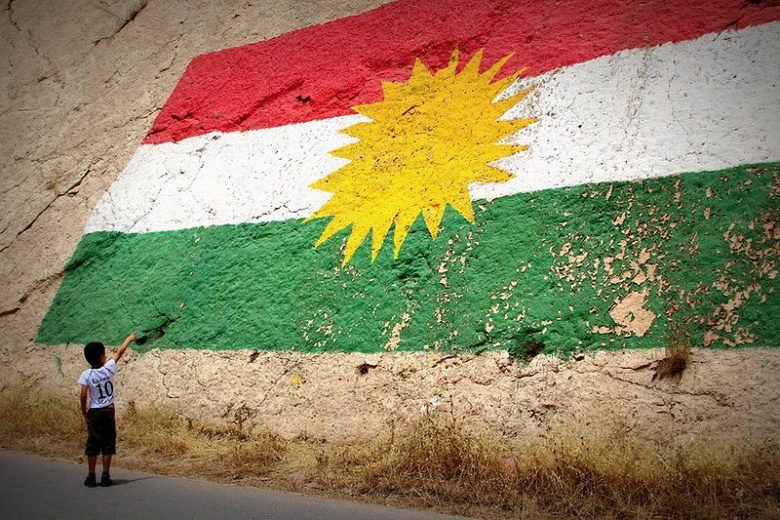Kurdish leader Barzani to step down. What is next?
Published: 2017-10-30 13:40
Last Updated: 2024-04-24 13:14
The parliament of Kurdistan has approved President Massoud Barzani’s request to step down and not extend his presidential term when it expires on 1 November.
The decision comes a month after a controversial independence referendum, spearheaded by Barzani, which led to days of fighting between the Iraqi government and Kurdish Peshmerga forces.
In a letter issued to parliament on Sunday, the Iraqi Kurdish leader said: "I, as Masoud Barzani the Peshmerga, will continue with our nation and beloved Peshmerga in endeavours to achieve the rights of our nation and protect the achievements of our nation."
After the letter was submitted to the parliament, a speech was aired on Kurdish TV, and Barzani said: "Three million votes for Kurdistan independence created history and cannot be erased."
Barazani went on to accuse Patriotic Union of Kurdistan (PUK), the historical opponent for Kurdistan Democratic Party, for “high treason,” after their decision to withdraw from Kirkuk. Peshmerga Kurdish fighters’ withdrew from the oil-rich city without a fight, following an agreement between Baghdad and officials from.
The Iraqi Kurdish leader also pointed to the Peshmerga Kurdish fighters' role in the battle against the Islamic State. "Without the help of Peshmerga, Iraqi forces could not have liberated Mosul," he said, referring to ISIS’s former stronghold, which fell earlier this year.
Barzani has implied that he intends to divide presidential powers between the regional government, parliament and the judiciary.
According to his senior assistant Hemin Hawrami, he will remain in Kurdish politics as leader of the High Political Council.
President Barzani: Before 2005 and during the presidency And from now on, I am the same Masoud Barzani, I am a Peshmarga and will continue to do whatever is needed and will be with my people in its struggle for independence pic.twitter.com/jY8C7bu6JZ
— Hemin Hawrami (@heminhawrami) October 29, 2017
Kurdistan’s Referendum
On 25 September, Kurds had the opportunity to vote in a referendum on their preference for the future of the Kurdistan Region of Iraq (KRI).
The referendum ballot asks: "Do you want the Kurdistan region and the Kurdistani areas outside the region's administration to become an independent state?", the Guardian reported.
The preliminary results showing approximately 93% of votes cast in favour of independence. While Barzani believed the "Yes" vote would give them a mandate to start negotiations on secession with the central government in Baghdad, Iraq said it would not recognise the vote and that it was not willing to negotiate.

Within two days of the referendum Iraqi forces took over large areas of the disputed territories that the Kurds had controlled for the last few years, causing them to lose oil-rich Kirkuk, the “beating heart” of any future Kurdish state, according to Al Jazeera.
Iraqi Kurdistan, officially called the Kurdistan Region by the Iraqi constitution, is a proto-state located in the north of Iraq and constitutes the country's only autonomous region.
It is frequently referred to as Southern Kurdistan, as Kurds generally consider it to be one of the four parts of Greater Kurdistan, which also includes parts of southeastern Turkey (Northern Kurdistan), northern Syria (Rojava or Western Kurdistan), and northwestern Iran (Eastern Kurdistan), according to Kurdish Awakening: Nation Building in a Fragmented Homeland book.
The region is officially governed by the Kurdistan Regional Government (KRG), with the capital being Erbil.

